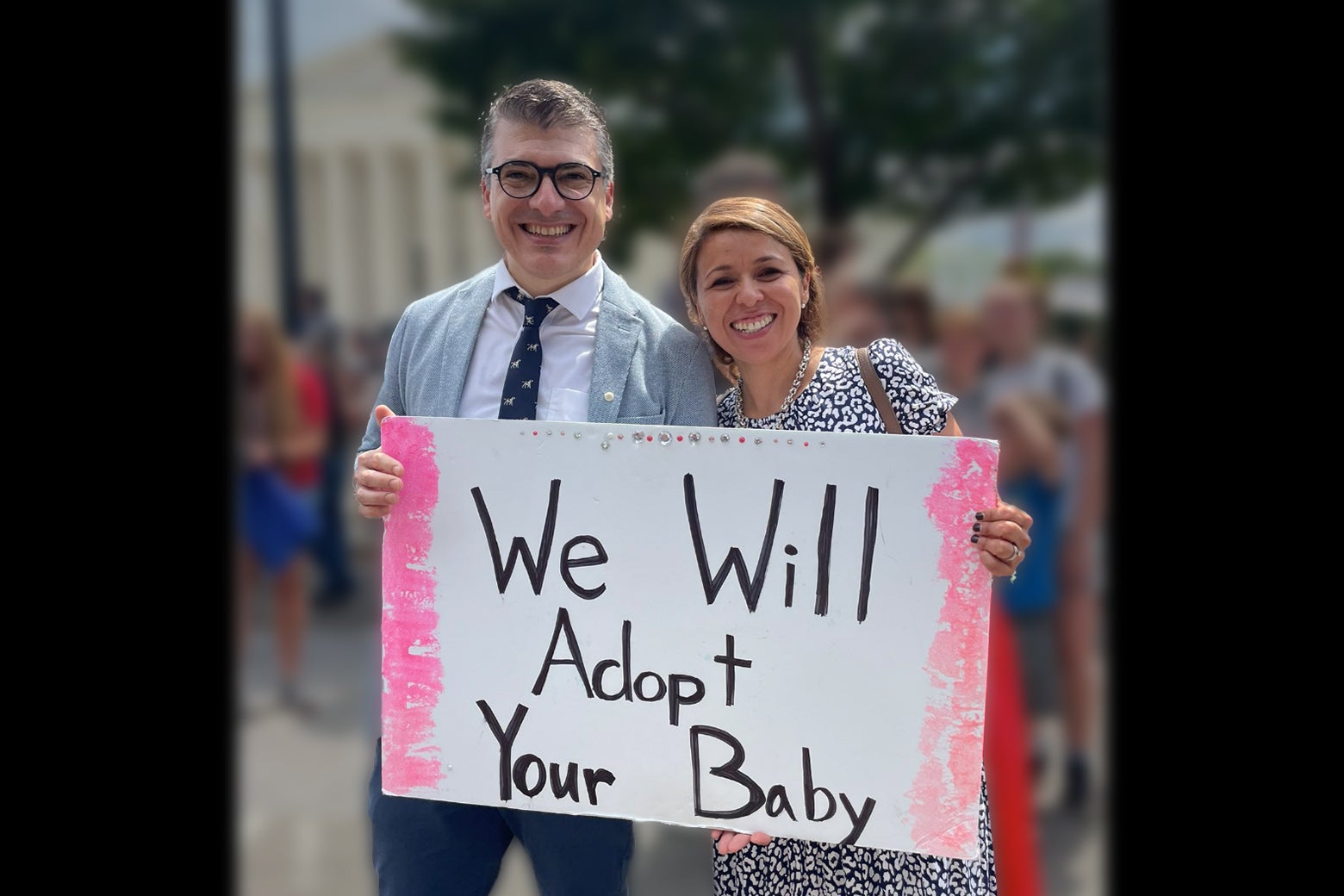“You have climate change, abortion, guns and COVID,” he said. “None of which should be positions that we will be neutral on, because these are all things that can be analyzed by academics and for which there is an academic consensus.”
The context of the above quote is in regard to a take that university presidents should publicly weigh in on national topics. First, I can't find anywhere that shows there is academic consensus on abortion or guns. Second, I don’t think abortion and guns can be analyzed in the same breath as climate and covid. Third, I don’t think it’s wise to weigh in on every topic.
Two-Telos Solution
Before I can go anywhere, I have to start with my oft-referenced Jonathan Haidt argument that a university can only have one telos (truth or social justice) and they should be upfront about which one they are so students can self-select.
While I commend his classical liberal solution, I have to chastise him for his framing. He took something abstract and universally-agreed upon as good (truth) and contrasted it with something specific and polarizing (social justice). I think it would have been fairer to compare apples to apples and pit Truth against Ethics or Morality. Or to keep everything in Platonic terms, True vs. Good.
When most universities were founded, most people belonged to a church. So they had a moral community. But now that church attendence is down, I think this is the best time for universities to fill in the void and adopt a moral framework. So I agree with Haidt that universities should declare their version of Good, I also think they can pursue both.
Because here’s the thing: Haidt’s two telos solution is a moral framework. It’s saying “We believe in Enlightenment Liberalism. We believe it’s more important to be tolerant of other views than to coerce people into adopting our own.”
And I have enough faith in universities that they can segregate their science departments from their philosophy departments so that one is guided by what is good while the other is guided by what is true. I promise you Professor Haidt, they can figure this out.
When to Weigh in?
So what does this have to do with the quote at the top? Climate change and covid policies (whether we’re talking about vaccines or public health measures) fall under science. We have systems in place to point us in the direction of truth.
But abortion? I can’t help but feel like that is a question of morality. “Should a woman in the third trimester of her pregnancy be able to terminate her pregnancy” is a question that science cannot answer (and most of America disagrees with). So if there is academic consensus on this topic, all that tells you is that academics share the same morals. And therein lies the problem. (I’m purposely leaving aside guns, because I feel like there is very little research there. So any “consensus” is probably a moral stance and not scientific.)
We haven't come up with something better than the scientific method for pointing us in the direction of truth. But every few decades there is a new version of the Good, antiracism just happens to be the most recent (I'd argue that we haven't improved upon Humanism). So I'm very suspicious of anyone who claims that there is consensus on a moral framework (not to be confused with a policy position. "Slavery is wrong" is a policy position. It's undergirded by a moral framework [ie equal rights].)
The Pope weighs in on every topic because it’s his job to give moral guidance to Catholics. He isn’t persuading non-Catholics. So when a university president weighs in on a moral issue, he isn’t persuading public opinion as much as he’s providing moral guidance to his congregants.
If universities were just humanities schools devoid of research departments, this would be fine. But they have a responsibility to science and the truth. So when it comes time to weigh in on climate change and vaccine uptake, you are trying to persuade public opinion. And when you’ve already weighed in on non-sciency topics, like abortion, you’ve lost credibility with those outside your congregation.
Go to your Rooms!
Maybe I'm unusually optimistic, but I think we can have it both ways. Universities should commit to truth and a moral framework. They will become churches to the unchurched.
But when it comes time to make public statements, presidents should defer to their deans. The Dean of Humanities will weigh in on moral issues to their students and alumni. The Dean of Science will weigh in on science issues to the general public.
The job of the president is to keep these two apart. You can use science to support ethical arguments ("policy X will reduce gun violence by 33%") but you cannot tell people there is a right way to think ("the second amendment needs to be repealed because science").
Likewise, humanities departments cannot prevent scientific research if it offends their sensibilities. You can make the case that, eg it would be wiser to study ways to lift more people out of poverty than trying to figure out how much of the racial wage gap is due to genetics. But you cannot try to stop anything that makes it through the funnel.


